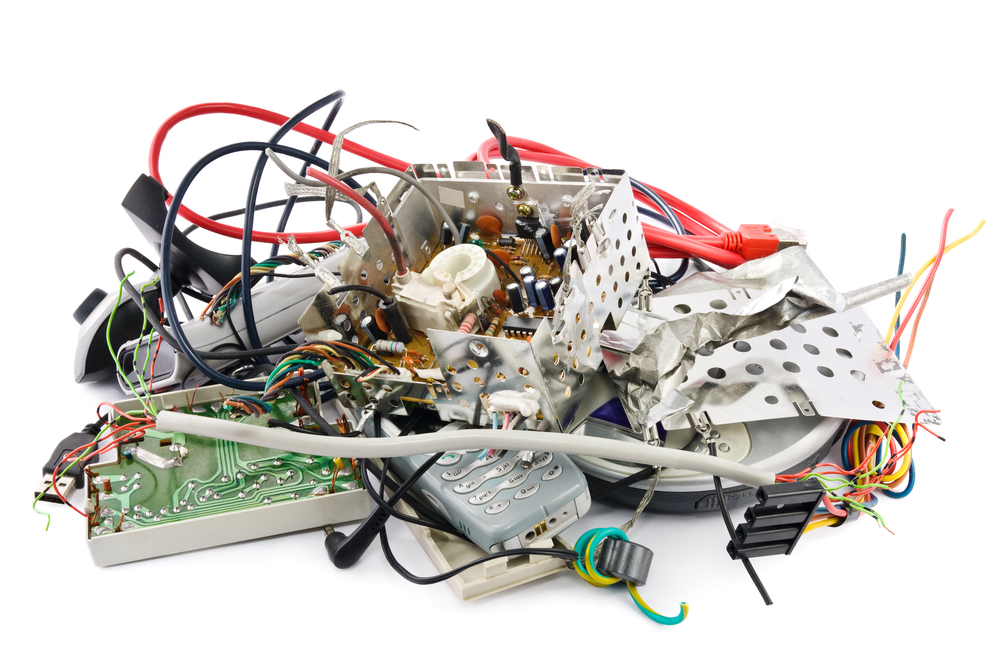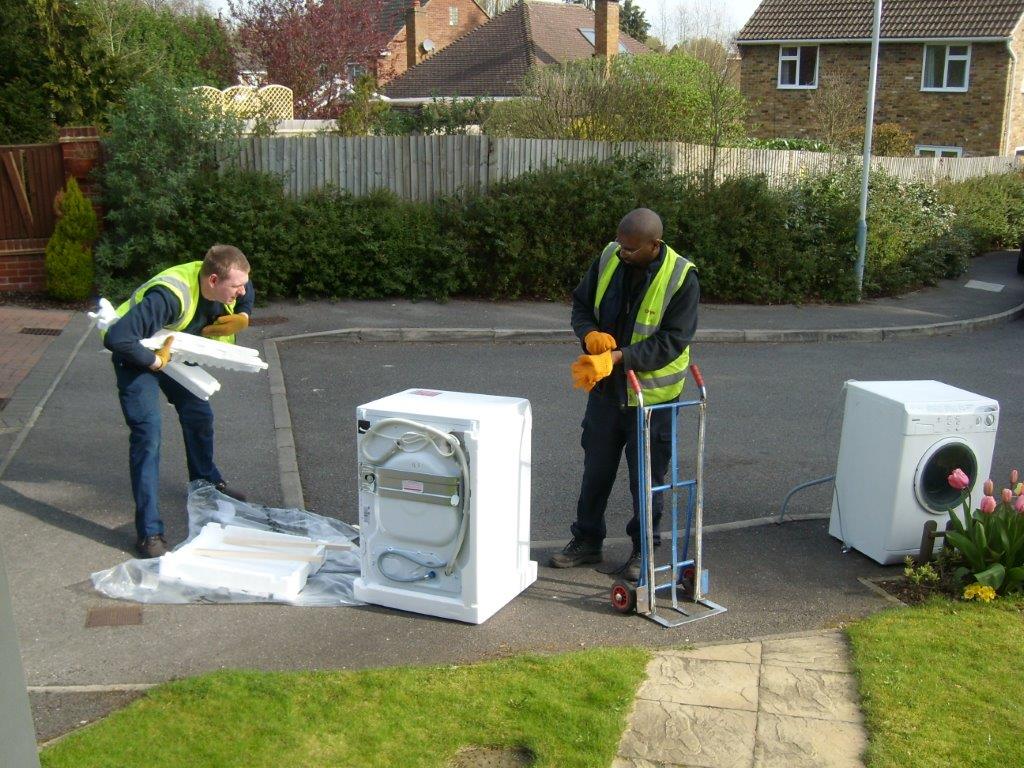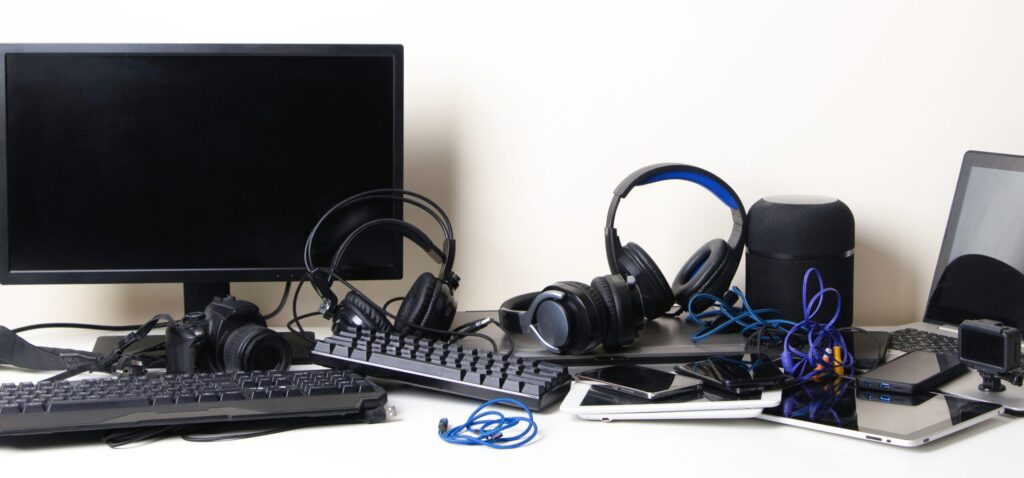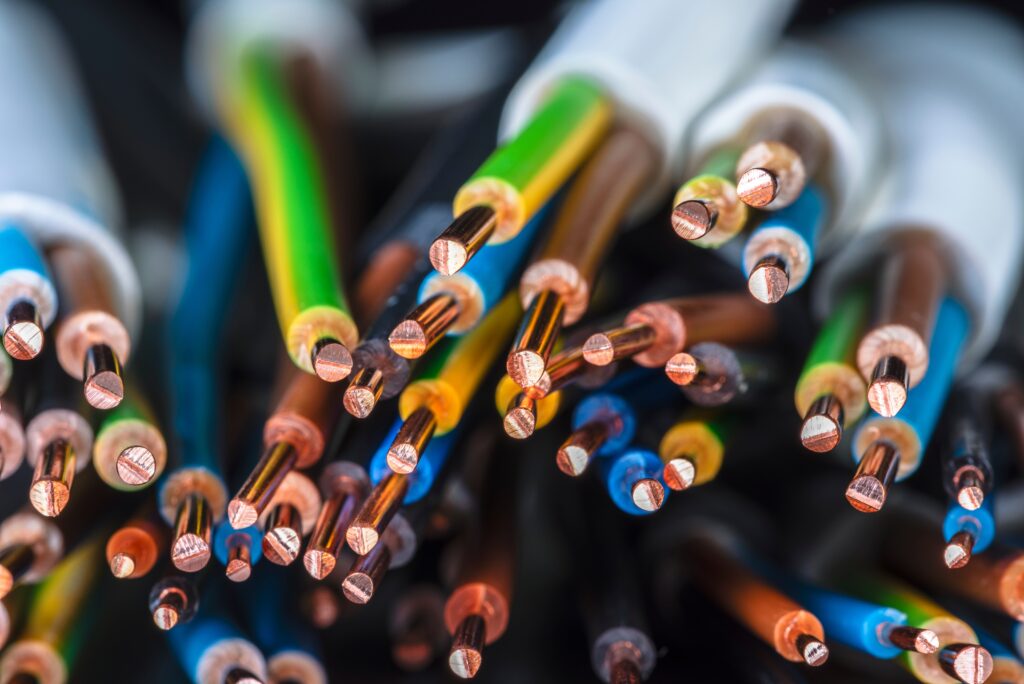Ahead of the publication of provisional Q2 figures this week, many believe lockdown restrictions will have had a significant impact on the tonnages of WEEE collected.

It is estimated that WEEE collection fell by 80% in April alone (see letsrecycle.com story) and, while the reopening of household waste and recycling centres (HWRCs) has provided a welcome boost, some say it will not be enough.
HWRCs
One view of the likely second quarter situation came from Robbie Staniforth, head of policy at compliance scheme Ecosurety. Mr Staniforth told letsrecycle.com: “It is very unlikely that Q2 targets will be met. Although collections appear to have picked up, they are nowhere near what they would have been had Covid-19 not hit.
“While it is helpful that HWRCs have reopened, the ‘spring clean effect’ is only likely to have had a small positive impact as it occurs each year anyway.
“Consumer confidence remains far lower than what we saw at the beginning of this year, so the upgrading and consequent disposal of electronics is less likely to occur.”
Prior to the lockdown in March Defra set the collection of 537,976 tonnes of WEEE as a target for the whole of 2020 (see letsrecycle.com story).
Targets
Targets for the collection of WEEE have been missed in three consecutive years (see letsrecycle.com story).
“It is very unlikely that Q2 targets will be met”
If compliance schemes and obligated businesses have insufficient recycling evidence to meet their WEEE collection targets for the year, they must usually pay a compliance fee. However, the coronavirus pandemic has led to uncertainty. In June Defra confirmed it would consider the impact Covid-19 has had when setting a compliance fee methodology for 2020 (see letsrecycle.com story).
Collection of WEEE in the first quarter of 2020 appeared broadly on track to meet initial targets, with 134,610 tonnes of household WEEE collected between January and March 2020 (see letsrecycle.com story).
Data from the first quarter of 2020 covers the period between January and March, and so only accounts for about one week of the coronavirus-enforced lockdown.
Retail
Chris Brown is head of recycling operations and compliance at electrical retailer Dixons Carphone. He echoed the view that figures are likely to be hit by the pandemic, telling letsrecycle.com: “It won’t come as any surprise that Q2 figures will see a noticeable dip. The Q2 period saw the peak of lockdown with HWRC and non-essential stores – like our own – closed.

“This meant we could no longer provide in-store takeback of WEEE and our home delivery services reduced to ensure we kept customers and colleagues safe.
“These reduced services directly impacted how many old appliances were removed from customers’ homes.”
He added: “Whilst lockdown provided a great time for households to have a clear out, given that many of their recycling options for small WEEE were temporarily closed at the same time, the fear is that people might have disposed of these items into their household waste.”
Positive signs
However, Mr Brown said there were signs the situation was improving and that with many people now working from home Dixons Carphone had seen huge demand for technology throughout the pandemic.
He commented: “There are positive signs though; since lockdown has eased and our stores have slowly and safely reopened, our WEEE recycling volumes have rebounded up 6% for the six weeks since 15 June compared to the same six weeks in 2019 and with no signs of easing.
“This unprecedented situation has highlighted to everyone the important role technology plays in our lives: we’ve seen huge demand for computing, home entertainment, gaming and health tech just to name a few.”








Subscribe for free